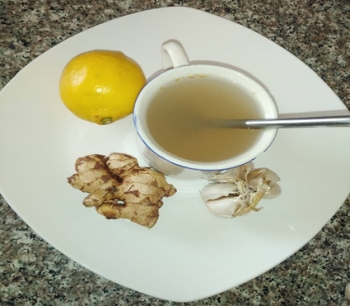Food behaviour towards natural functional foods during the COVID-19 pandemic
Abstract
Background COVID-19 is a pandemic that has resulted in sickness and death the world over. Due to the lack of a COVID-19 cure, people have resorted to various forms of treatments or prevention measures. It has been reported that functional foods have some preventative or therapeutic effects on viral diseases including against COVID-19, though this has not been scientifically proven. This paper sought to gather empirical evidence on whether natural functional food consumption has changed during the first year of the COVID-19 pandemic in Zimbabwe.
Methods A cross sectional study was conducted in Harare. A structured questionnaire was designed using Google forms. Convenience sampling was used to identify participants and 400 respondents completed the questionnaire online. Descriptive statistics were used to analyse the consumption of 5 selected functional foods namely garlic (Allium sativum), ginger (Zingiber officinale), lemon (Citrus limon), fever tree (Lippia javanica) and moringa (Moringa oleifera) before and during the COVID-19 era. Factors influencing the consumption of natural functional foods were analysed using binary logistic regression.
Results The majority of the respondents (80.5%) consumed natural functional foods to prevent or relieve COVID-19 symptoms. Lemon was the most consumed functional food and 80% of the respondents consumed more than one functional food. The majority of the respondents (72%) consumed the functional foods in tea or as tea. More than half of the respondents (50.3%) rarely consumed functional foods before COVID-19 period but after the outbreak of COVID-19, only 16.3% were rarely consuming functional foods. Women, the aged, and the educated had a significant (p ≤ 0.05) association with consumption of natural functional foods for the purpose of COVID 19 prevention or remedy.
Conclusions Consumers have increased the consumption of each of the functional foods we asked about during the first year of COVID-19 in Harare, Zimbabwe.

Authors retain all copyrights. In making a submission to World Nutrition, they are certifying that all material is theirs except quotations, as indicated, and that they have obtained permission for any photos, tables, or graphics taken from other publications or websites.




